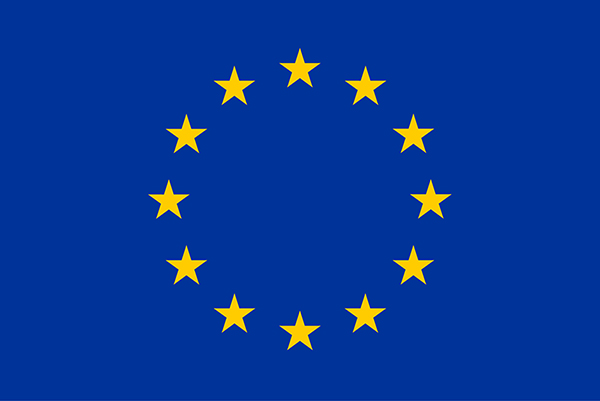VECTORS
VECTORS
Vectors of changes in ocean and seas marine life, impact on economic sectors
ABSTRACT
Marine life makes a substantial contribution to the economy and society of Europe. In reflection of this, VECTORS has been a substantial EU funded project with 38 partner institutes.
Through interdisciplinary and integrated research it has addressed changes in marine life, such as changes in distribution and productivity of fisheries, increases in outbreaks of organisms such as jellyfish blooms, and increasing invasions of alien species, with case studies to support generic understanding in the Western Mediterranean, North Sea and Baltic Sea. VECTORS has elucidated many of the drivers, pressures and vectors that cause changes in marine life, the mechanisms by which they do so, the impacts that they have on other parts of the marine ecosystem and its functioning, the services these ecosystems provide, and the social and economic consequences for associated marine sectors and society.
New and existing knowledge and insight has been synthesized and integrated to project future changes in marine life, ecosystems and economies under different scenarios for adaptation and mitigation. As understanding has increased during the project, VECTORS has evaluated current forms and mechanisms of marine governance in relation to the vectors of change working in consultation with key policy and marine sector stakeholders to understand their needs and the implications of VECTORS findings for them.
Policy recommendations for governance controls have been made. For example, future governance should focus on activities where there is little or no current regulation, such as sectors of the Blue Growth agenda (e.g. large scale offshore aquaculture, seabed mining, blue biotechnology) and little is known about the ecosystems in which the activities take place.
VECTORS has developed tools to support the development of strategies to mitigate and respond to marine life changes , these include:
- Specialised databases and tissue repositories for invasive alien and outbreaking species.
- An iPhone app for informing on the occurrence of jellyfish blooms.
- Novel use of risk assessment approaches which have been applied to case studies of marine renewable energy and fisheries.
- Risk assessment and decision support systems for ballast water management.
- Suites of modelling tools for ensemble analysis of ecological, ecosystem, fishery and economic change in response to management strategies.
- Development and implementation of Atlantis, a cross sector framework model, for the first time in the EU waters for management strategy evaluation particularly of multiple stressors.
- Novel application of global models to understand the macro-economic implications of marine life change.
Project Budget: 16’498’596,04 €
LEITAT Budget: 260’080 €
Financial Framework: FP7
Contract number: 266445
Start Date: 01/02/2011
End Date: 31/01/2015
Partners:




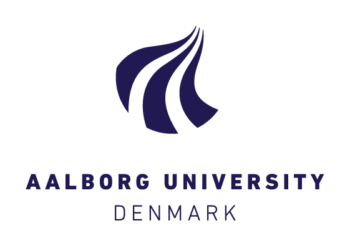
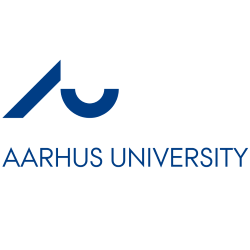


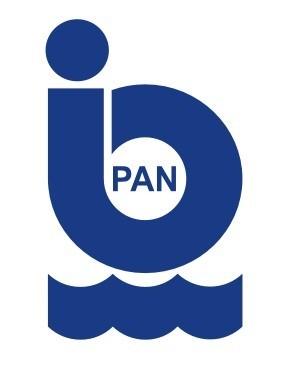
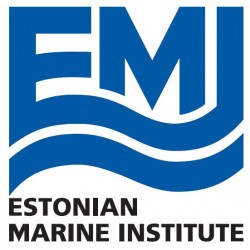
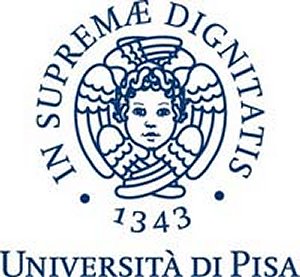
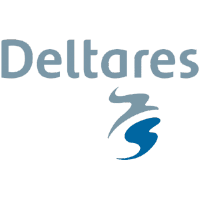


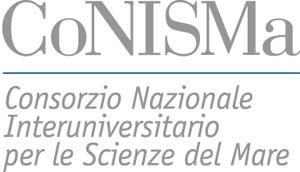
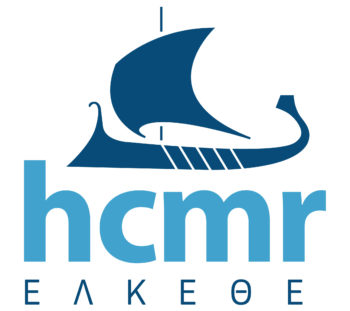
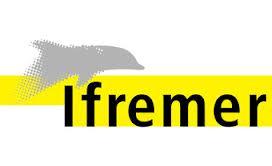
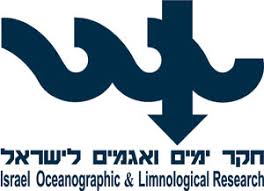

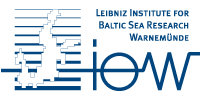

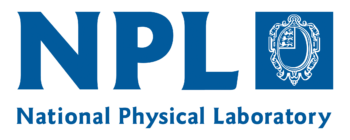


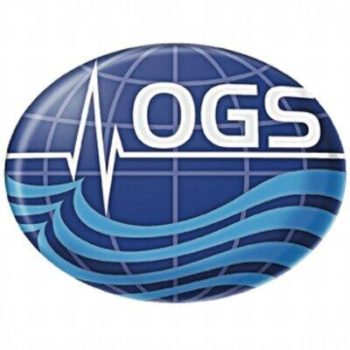
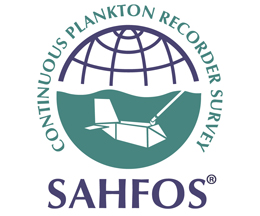


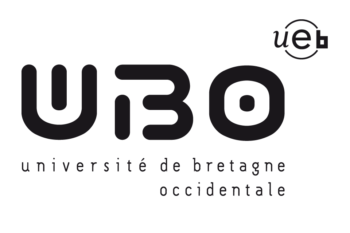


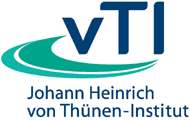


Contact Manager: L. Rodriguez
